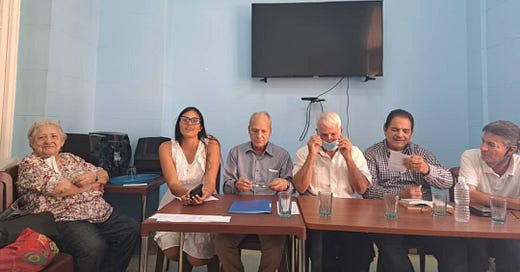Marxism today as seen from Cuba
A continually developing revolutionary science rooted in practice
The Julio Antonio Mella Center for Marxist Studies, named for the co-founder of the First Communist Party of Cuba, convoked its annual scientific interchange, held at the Institute of Philosophy in Havana on December 15-16, 2022. Having not met for the last two years due to the pandemic, the event commemorated the bicentennial of the birth of Frederick Engels and the 130th anniversary of the birth of Antonio Gramsci. The conference was entitled “The process of the permanent updating of Marxism-Leninism, from the perspective of Our America.”
Isabel Monal, Director of the Center for Marxist Studies, welcomed the participants with some initial words. She paid tribute to the great Italian Marxist Antonio Gramsci for his creative application of Marx’s concepts to the conditions of Italy. She noted that Engels, Lenin, and Gramsci were oriented to the creative application of Marx’s concepts to new and different conditions, including an orientation to look toward the South and …



